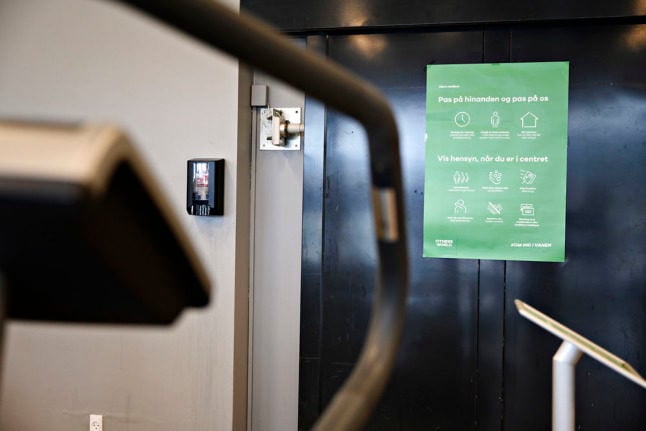The number of daily infections with Covid-19 was under 1,000 for the fourth day in a row on Tuesday, but the R-number or reproduction rate for the virus has been calculated at 1.1, as it was in the three preceding weeks.
An R-number of 1.1 means that 10 people with the virus will pass it on to an average of 11 others, giving a mild overall increasing epidemic.
“It is the fourth consecutive week we are maintaining around the same level and that gives us a mildly increasing epidemic,” Health Minister Magnus Heunicke wrote on Twitter.
Heunicke noted a number of elements of Denmark’s current strategy against the virus which he said are helping to limit increased spread of the virus.
“Efficient vaccine rollout, intensive testing, fast contact tracing and closing off of local infection clusters are our most important weapons,” he wrote.
Kontakttallet er beregnet til 1,1. Det er fjerde uge i træk, vi holder os omkring samme niveau, og det giver os en fortsat let stigende epidemi. Effektiv vaccineudruling, intensiv testning, hurtig opsporing og nedlukning af lokale smittekæder er vores vigtigste våben.#covid19dk pic.twitter.com/1FBgBUhFCL
— Magnus Heunicke (@Heunicke) May 25, 2021
Latest data shows that 32 percent of the population has so far received at least a first dose of the coronavirus. Just over 20 percent have received both doses.
The R-number has a lag associated because it looks at cases which have already been confirmed, not those occurring at the current time. As such, it reflects the infection situation around 1.5 weeks ago. It is still a useful measure, however, because health authorities use it as a marker for trends in the epidemic.
A total of 794 new cases of the virus were registered in the latest daily totals to be published by the national infectious disease agency State Serum Institute (SSI).
That represents the fourth day in a row in which that figure has been under 1,000. 139,159 PCR tests were conducted, giving a test positivity rate of 0.57.
The number of Covid-19 inpatients at Danish hospitals now stands at 148, five more than on Monday.
READ ALSO: Danish engineers first to be jabbed under voluntary vaccine scheme



 Please whitelist us to continue reading.
Please whitelist us to continue reading.
Member comments